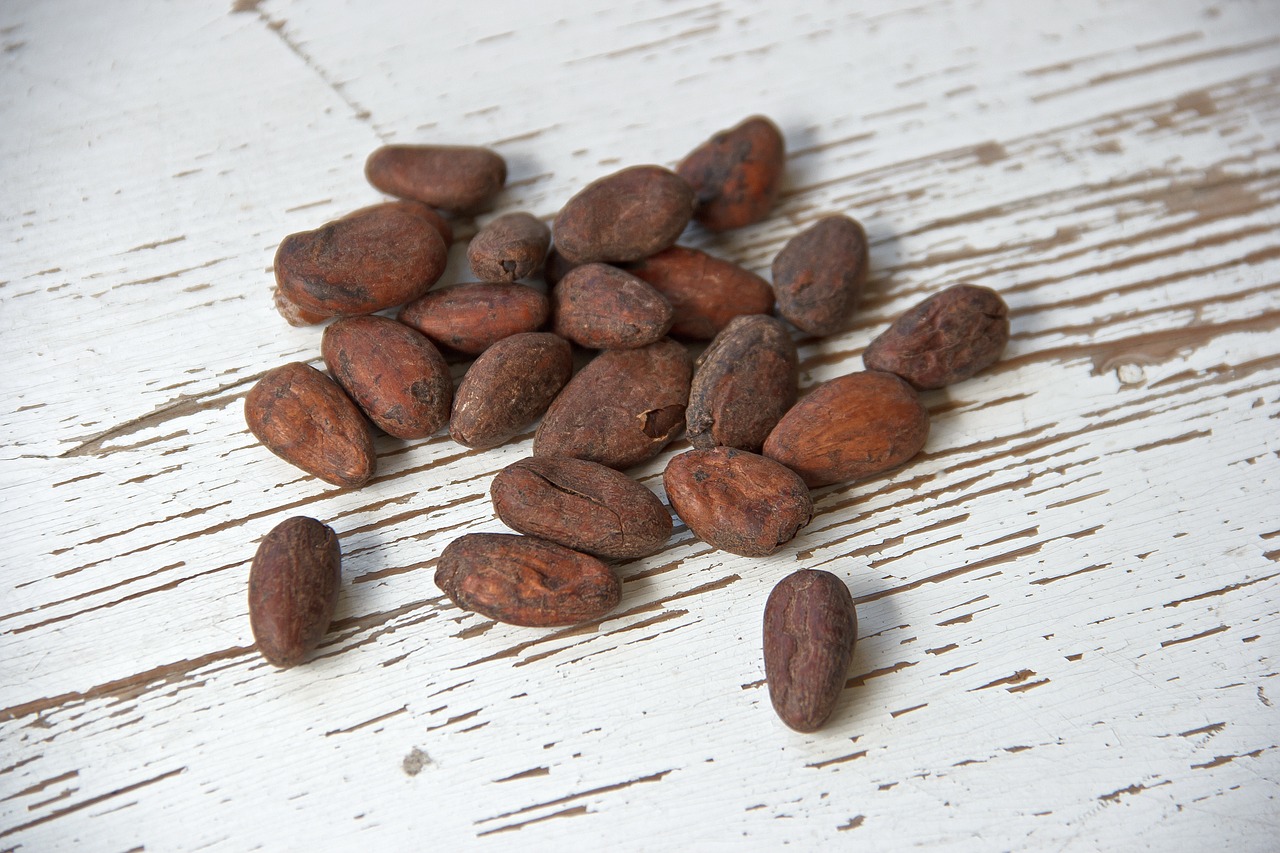Overcoming Challenges in Developing Biosimilar Insulin Analogs: 11x bet login, India24bet login, Sky fair
11x bet login, india24bet login, sky fair: Developing biosimilar insulin analogs is a complex and challenging process that requires thorough research, testing, and regulatory approval. Overcoming these challenges can be a daunting task, but with determination and innovation, pharmaceutical companies can succeed in bringing these life-saving medications to market.
Understanding the Challenges
One of the main challenges in developing biosimilar insulin analogs is ensuring that the new medication is safe and effective. Insulin is a critical hormone that regulates blood sugar levels in the body, so any variation in its structure or function could have serious consequences for patients. Additionally, biosimilar insulin analogs must meet strict regulatory guidelines set forth by organizations like the FDA to ensure their quality and efficacy.
Navigating the Regulatory Landscape
Obtaining regulatory approval for biosimilar insulin analogs can be a lengthy and complicated process. Pharmaceutical companies must conduct comprehensive clinical trials to demonstrate the safety and efficacy of their medication compared to the original insulin analog. They must also provide detailed data on the manufacturing process to ensure consistent quality and purity.
Overcoming Manufacturing Challenges
Manufacturing biosimilar insulin analogs can be challenging due to the complexity of the production process. Pharmaceutical companies must carefully control factors like temperature, pH, and agitation to ensure the proper structure and function of the medication. Additionally, they must implement strict quality control measures to prevent contamination and ensure product consistency.
Addressing Market Competition
The market for insulin analogs is highly competitive, with many pharmaceutical companies vying for market share. Developing a biosimilar insulin analog that offers unique benefits or improved efficacy compared to existing medications can help companies stand out in this crowded field. Additionally, pricing and marketing strategies can play a crucial role in attracting customers and gaining market traction.
Innovating for the Future
Despite the challenges of developing biosimilar insulin analogs, pharmaceutical companies are continually innovating to overcome these obstacles. Advances in technology, such as recombinant DNA techniques and protein engineering, have made it easier to produce insulin analogs with improved properties and performance. Collaborations between industry and academia are also driving innovation in this field, leading to the development of new and improved insulin analogs.
In conclusion, developing biosimilar insulin analogs is a complex and challenging process that requires careful planning, innovation, and perseverance. By understanding the challenges, navigating the regulatory landscape, overcoming manufacturing obstacles, addressing market competition, and embracing innovation, pharmaceutical companies can successfully bring these critical medications to market and improve the lives of patients with diabetes.
—
FAQs
Q: What are biosimilar insulin analogs?
A: Biosimilar insulin analogs are medications that are designed to be similar to existing insulin analogs but are produced by different manufacturers.
Q: Are biosimilar insulin analogs safe?
A: Biosimilar insulin analogs undergo rigorous testing to ensure their safety and efficacy before being approved for use by regulatory authorities.
Q: How are biosimilar insulin analogs different from generic medications?
A: Biosimilar insulin analogs are designed to be highly similar to the original insulin analogs in terms of structure and function, whereas generic medications are exact copies of the original drug.







